 |
| US police are using Clearview facial recognition technology. (Source: Spencer Whalen) |
Clearview is an American facial recognition company founded in 2017 by Ton-That Hoan and Richard Schwartz, headquartered in New York City. The company provides software to companies, law enforcement agencies, universities, and individuals. The company's algorithms match faces against a database of more than 20 billion images collected from the Internet, including social media platforms like Facebook, without the account owner's permission. The system then provides users with links to where the matching images appear online.
However, Clearview was banned from selling its services to most companies in the US after the American Civil Liberties Union (ACLU) sued Clearview AI in Illinois for violating privacy laws. The company has also been fined millions of dollars in Europe and Australia for alleged privacy violations.
There is an exemption for police forces, however, and the company's CEO, Ton That Hoan, says the software is used by hundreds of police departments across the United States.
Police in the US have not said how often they use the software. Facial recognition technology is typically only used when they are looking for serious or violent criminals.
In an interview about Clearview's effectiveness, the Miami (Florida) police department said they have used the software for all types of crimes, from murder to theft.
Miami Police Assistant Chief Armando Aguilar said his department uses the system about 450 times a year and it has helped solve several homicides. But Aguilar said Miami police view facial recognition as a tool. “We don’t make arrests based on algorithms,” he said.
Critics say there are currently no laws governing police use of facial recognition. There have been several documented cases of mistaken identity when police use facial recognition technology. But Ton-That said he is not aware of any cases of mistaken identity when using Clearview.
Recent studies have also shown that Clearview often has an accuracy rate close to 100%. In fact, Clearview's accuracy depends on the quality of the input images fed into the system.
Some critics want police forces that use Clearview to be open about when they use it and to ensure its accuracy is publicly tested in court. They want the algorithm to be scrutinized by independent experts.
Ton-That said he has recently provided Clearview’s system to defense attorneys in specific cases. He believes both prosecutors and defense attorneys should have equal access to the technology.
While Clearview's technology has been proven effective, some argue that its price is still too high, and some have even called for it to be banned because they believe it undermines personal freedom.
 | Google supercomputer creates 'AI child' superior to any AI Google researchers recently developed a supercomputer system capable of creating an "intelligent child" ... |
 | Spanish police use artificial intelligence to detect fake calls Police stations in Spain are using artificial intelligence to help identify false crime reports. |
 | Google helps New York Times digitize 5 million archive photos with AI With the power of artificial intelligence (AI), Google AI can analyze photos and provide appropriate captions... |
 | Smart watch duo with built-in wireless headphones The Watch Buds and Watch GT Cyber duo are the two latest smartwatch models from Huawei, possessing a design and ... |
 | Paper batteries and the dream of reducing e-waste A Singaporean student is developing a paper battery for electronic devices that could replace ... |
Source


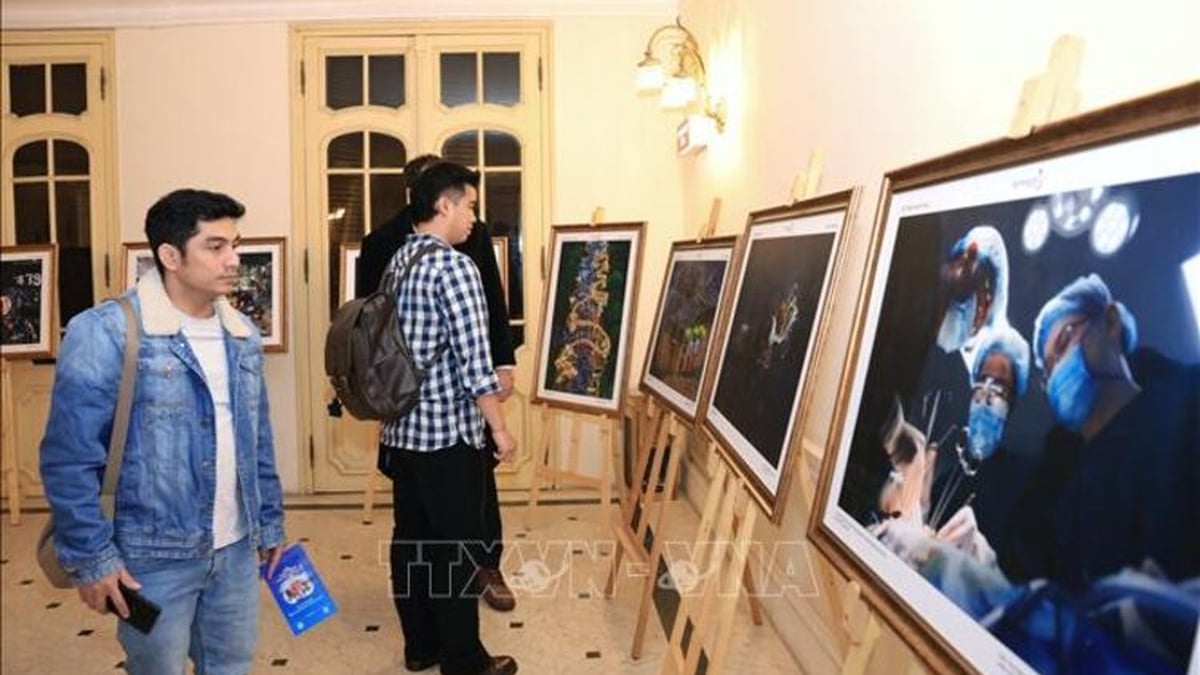







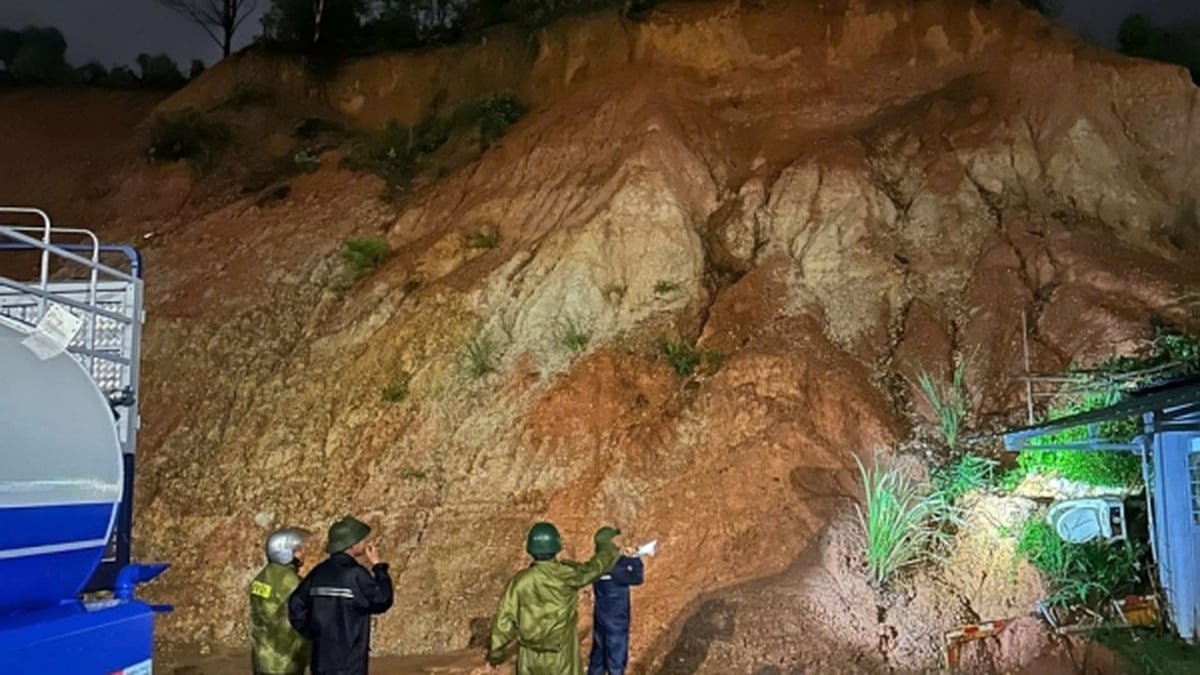
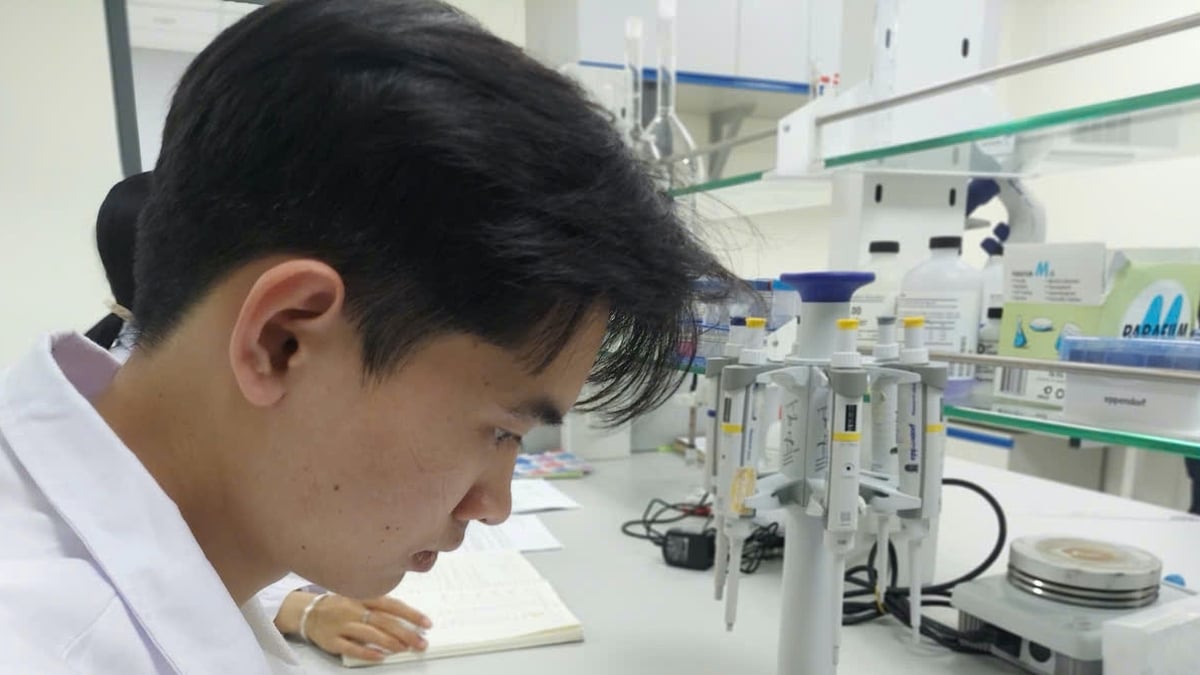

















![[Photo] National Assembly Chairman attends the seminar "Building and operating an international financial center and recommendations for Vietnam"](https://vphoto.vietnam.vn/thumb/1200x675/vietnam/resource/IMAGE/2025/7/28/76393436936e457db31ec84433289f72)




























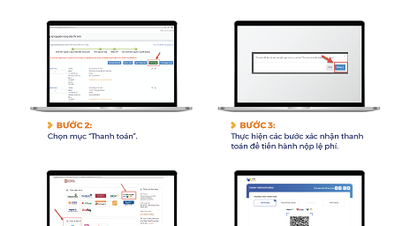

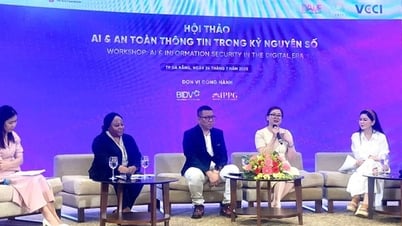






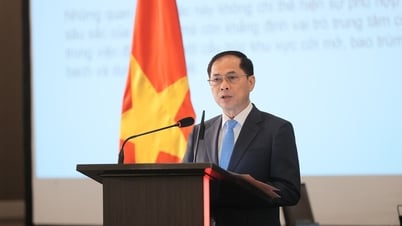






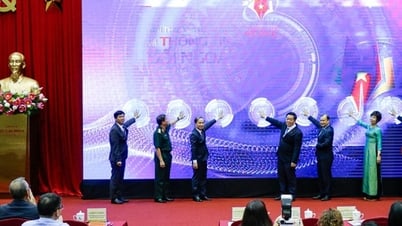
























Comment (0)